In 2024, our Live Art for Children festival will be 10 years old. This 11th festival is planned to take place at ARKEN in November 2024 and once again showcase performance art from around the world to an intergenerational audience of schools and families. The festival is about the relationship between body, identity, roles and media such as TV, film, internet, roleplay, avatars, VR and theater after the year 2000 – and about the great freedom, fear and sensitivity that characterizes the online generation.

Live Art for Children 2024: Staging Identities in the Age of Social Media
In gaming universes, one can embody any gender and body. Through an app, one can speak all languages. American and Korean TikTokers, YouTubers, and bloggers are just a click away, modifying their bodies with makeup and surgery as easily as virtual avatars do. Techniques and approaches from the art-created world seamlessly blend with the physical. This inspires many younger artists, whom we present here to showcase the freedom and joy of the new opportunities to “create oneself” and exist in the world.
12 international artists present live performances, performance installations, performance films, and performance workshops for children and young people in a collaboration between ARKEN and Live Art Denmark.
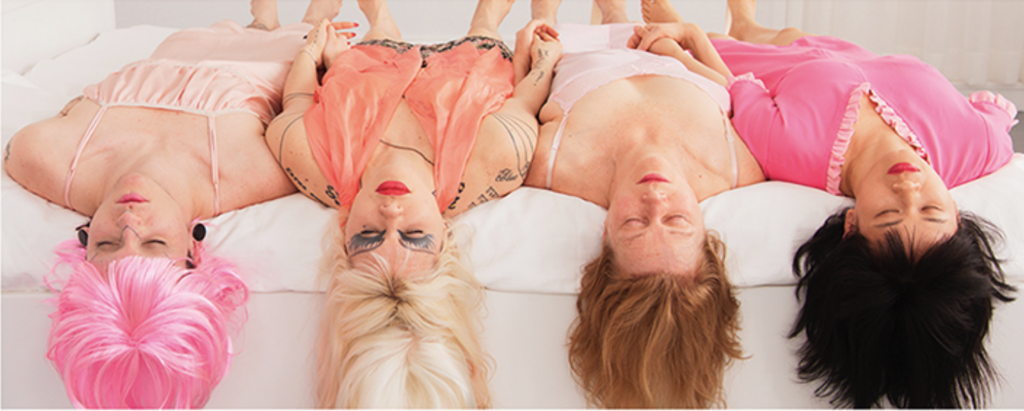
Marsian DeLellis (US) explores fame and media. In “Real Doll,” a well-known Danish children’s TV character receives larger lips, a Brazilian butt, etc. Participants can take on the role of a nurse and come and go from the “operating room.”
Tim Spooner (UK): “The Assembly of Animals” is a performed sculpture that combines puppets, objects, and scientific demonstration. Children and adults follow the process as life gradually emerges in the material.
Rosie Gibbens (UK) interacts with poodle-like “body parts” and machines. Her practice revolves around absurd, mechanical, or automatic everyday actions and gender roles in consumer society.
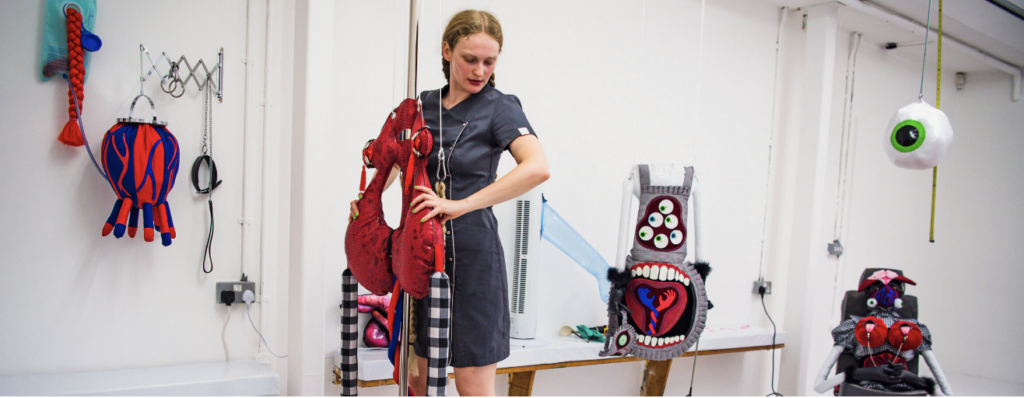
Isaac Nissen (DK): Participants scan QR codes from posters featuring characters from “Illville” and receive hints to a puzzle. All characters are the same person (Isaac). The project is rooted in Isaac’s focus on mental health.
Rosana Cade (UK) and Ivor MacAskill (UK) have developed “The Making of Pinocchio” since 2018, parallel with Ivor’s gender transition to “a real boy.” The work is presented as a performance film with a workshop.
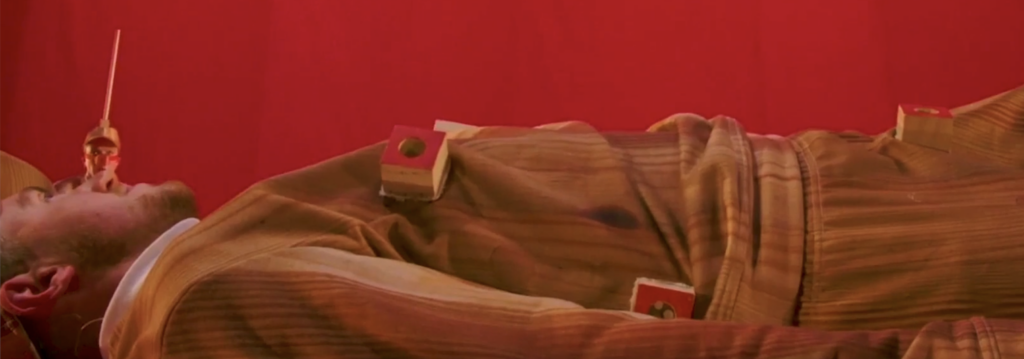
Ash Kreider’s (CA) art-LARP, where participants experience being a different gender for 2 hours, is performed together with a danish larper.
Stine Marie Jacobsen: In “Group-Think,” participants film themselves in groups for TikTok. The project explores social media and political group identity formation.
Louise Orwin (UK) presents two works over two weekends: “FAME hungry” – an interactive performance about social media – and a workshop where participants develop their own social media persona.
Jörn Burmester (DE) showcases his “Weltmaschine”; an installation where children create live images projected and interpreted by adults. Speech is computer-translated into texts displayed as part of the exhibition.
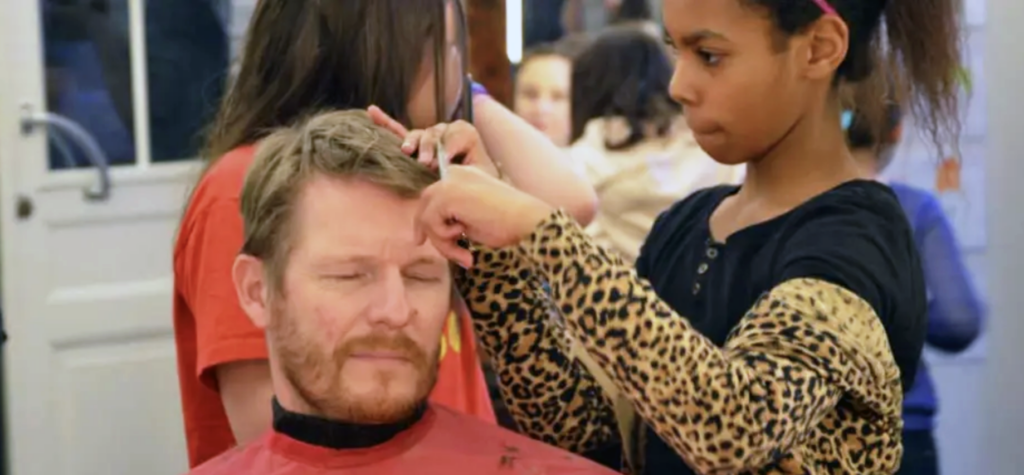
Darren O´Donnell: “Haircuts by Children”: Local 4th-grade classes learn to cut hair on adults with the guidance of a local hairdresser. There will be a temporary hair salon at ARKEN and in Horsens. Darren’s practice through the group “Mammalian Diving Reflex” examines power dynamics and encounters between children and adults.
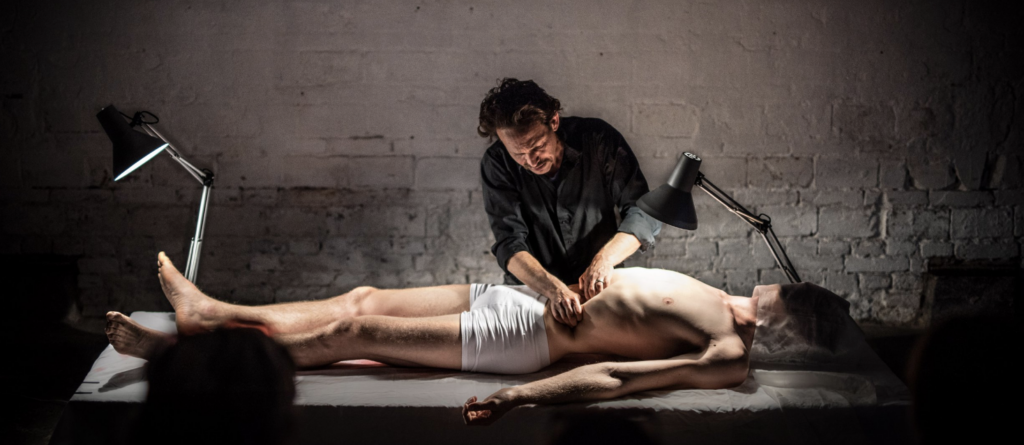
Boaz Barkan (DK): “Our other body”: A dissection of Israeli Boaz’s naked body. A performance lecture on the location of the body’s racism organ.
